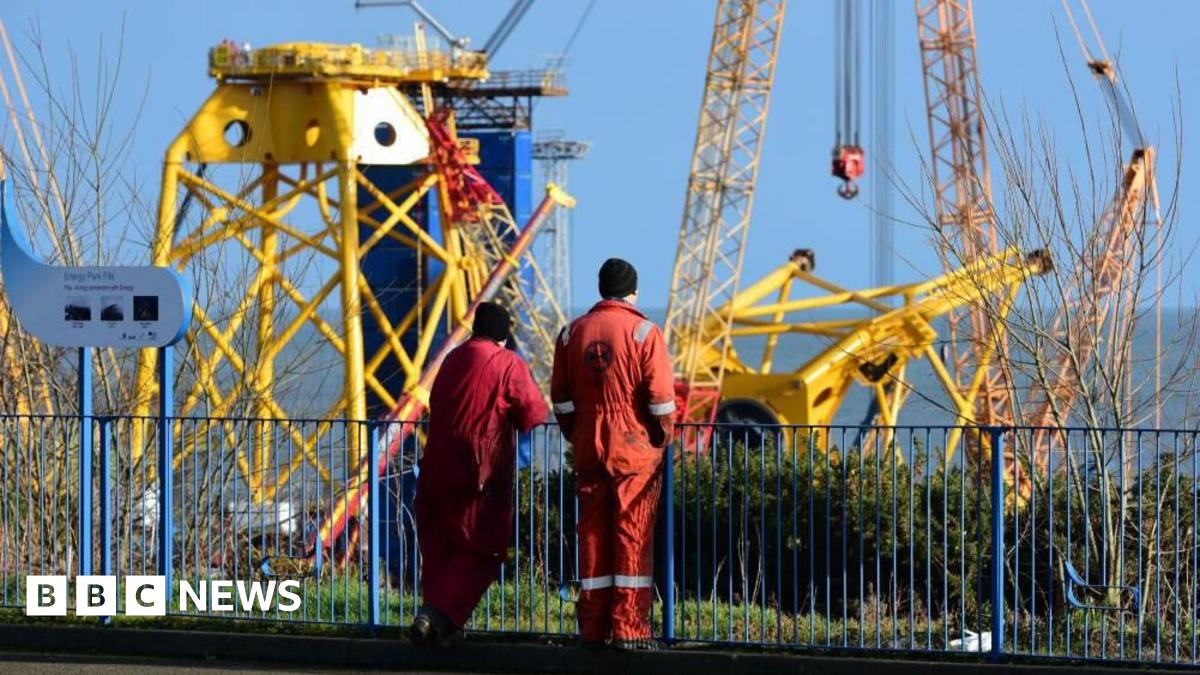The deal to sell the assets of the former Harland & Wolff group to Spain’s state-owned shipbuilder Navantia comes with a sweetener from the UK government.
To ensure all four yards are taken on, with jobs guaranteed for at least two years and three for Belfast, the Ministry of Defence renegotiated the contract it had already signed with Navantia, to build three large support ships for the Royal Navy, most of that work to be sub-contracted to Harland & Wolff in Belfast.
So while it’s seen as a new type of working relationship with European neighbours post-Brexit, and presented as an example of the Labour government’s industrial strategy to support and grow key sectors -and it may be a bit both – the deal appears to owe more to necessity, pragmatism and politics than to strategy.
It’s claimed that Navantia did not initially want to take on the Scottish yards, because they’re not core to its shipbuilding business. For half a century, they have been in steel fabrication, and their job now is to make themselves useful to their new owners, making parts of ships for assembly in Belfast, and winning business from the offshore energy sector.
In Methil and Stornoway, they have seen boom and bust in employment, as orders and owners have come and gone. Unions now want to see these yards becoming sustained and successful, rather than merely surviving.
That requires a change of mindset for UK shipbuilding and fabrication: to rely less on one-off or short-run orders, or on the Ministry of Defence, and to compete efficiently by producing multiple copies of structures as if on assembly lines.
They’re already doing that in building 30 barges for transporting waste on the River Thames. New ownership brings in Spanish expertise, as a successful state-owned exporter, to embed that approach and to fabricate a more reliable future.

